Rome (Italy). To raise public awareness of the needs of indigenous peoples, the International Day of the World’s Indigenous Peoples is celebrated on 9 August 2024. It was established on 23 December 1994, in recognition of the first meeting of the UN Working Group on Indigenous Peoples held in Geneva in 1982.
Some 200 indigenous peoples live in voluntary isolation and early contact. They live in remote, resource-rich forests in Bolivia, Brazil, Colombia, Ecuador, India, Indonesia, Papua New Guinea, Peru, and Venezuela. They have chosen to live apart from the rest of the world and their mobility systems allow them to devote themselves to gathering and hunting, thus preserving their cultures and languages. These peoples are heavily dependent on their ecological environment and any alteration of their natural habitat can damage the survival of individual members and the group as a whole. Indigenous peoples are an exception to the globalized world, who with the preservation of their past and listening to the future make themselves available to the world, preserving what ‘children of globalization’ do not care for and defend enough: planet earth.
Protecting the Rights of Indigenous Peoples in Voluntary Isolation and Initial Contact is the theme of the Day 2024.
Although their rights are theoretically protected by the UNDRIP, the United Nations Declaration on the Rights of Indigenous Peoples adopted on 13 September 2007, with 143 states in favor and only 11 abstentions, which “Establishes a universal framework of minimum standards for the survival, dignity, and well-being of the world’s indigenous peoples and elaborates existing standards on human rights and fundamental freedoms as they apply to the specific situation of indigenous peoples,” indigenous peoples in voluntary isolation and early contact face unique challenges, often overlooked by the surrounding world.
In fact, the development of agriculture, mining, tourism, and natural resources in their territories causes deforestation of large areas of the forests of the indigenous peoples, disrupting their lifestyle and destroying the natural environment they have protected for generations.
In addition, one of the greatest threats from outside contact is exposure to disease. The United Nation website explains that “Because of their isolation, they do not have the immunological defenses for relatively common diseases. As such, forced contact with the outside world can lead to devastating consequences and can destroy entire societies.”
The Human Rights Office of the International Institute Mary Help of Christians IIMA di Ginevra, in the questionnaire sent to the Provinces of the FMA Institute on how they are implementing the Sustainable Goals from 2020 to 2023 – in which they ask what is being done to meet the needs of minorities and indigenous peoples – It was noted that 13 Provinces have implemented a total of 116 projects benefiting 36,981 minorities and indigenous peoples.
An example is Canada, which is described in the Fourth Universal Periodic Review (UPR) publication as “12% of the Canadian population live in a region of Canada defined as moderately, more or more remote. On the contrary, more than half of the people living in communities identified as indigenous live in a region defined as more or less remote. Therefore, human rights issues affecting people living in the remote North of Canada disproportionately affect indigenous peoples, including the First Nations, Métis and Inuit. In 2018, Canada accepted several UPR recommendations regarding the implementation of indigenous peoples’ rights and has taken numerous initiatives to improve access to services for these populations”. (report)
Pope Francis, meeting with representatives of indigenous peoples during the forum of indigenous peoples promoted by the International Fund for Agricultural Development (IFAD) on 10 February 2023, reaffirmed his will to protect these populations, highlighting that, “We should listen more to the indigenous peoples and learn from their lifestyle to understand well that we cannot continue to devour greedily the natural resources, because the land has been entrusted to us so that it may be for us a mother, able to give what is necessary for each of us to live”.


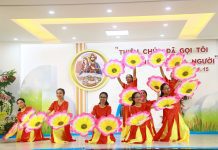

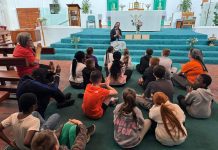

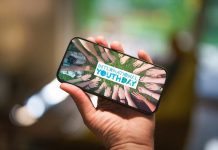

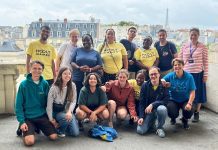
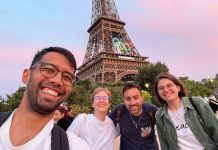











EXCELENTE E IMPORTANTE ARTIGO. A nossa inspetoria BMM está atenta a estas causas que “perturbam o estilo de vida dos nossos povos” xavante e bororo e pelo ambiente natural que consideram sagrado, mas é sempre ameaçado pelo agronegócio da população envolvente.